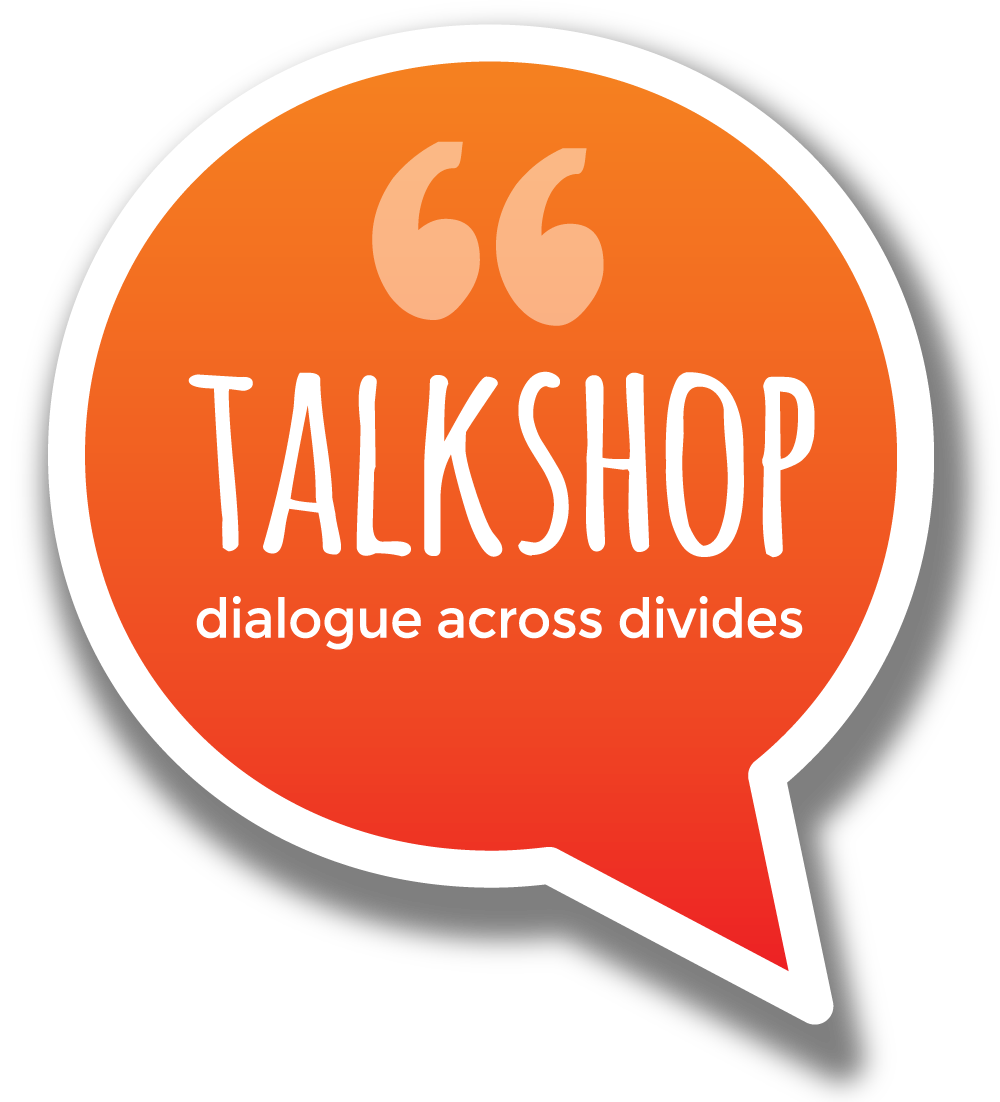Perry Walker writes:
Initially, participating scientists, teachers, students, local government employees, councillors and activists, who took part in the Assemblies we organised, wondered: What is More Than Human? What happens at such an Assembly, and how does it work in terms of both the process and the outcomes?
The Assembly of Humans and More Than Humans brings together all the species relevant to a particular situated and live issue. For example, whether to approve a planning application for a new wind farm in rural Wales in the UK. The humans include past and future generations. More Than Humans include all living organisms, other than humans, be they animal species, peat bog or viruses.
The Assembly is a game which mixes role-playing and theatre, simulating a decision-making environment in which the concerns of More Than Human entities are as legitimate as those of humans, and where participants are invited to shape alternative concepts of reality. As they journey through the two-hour game, participants role-play complex issues and begin to transform. They are immersed in their character, “I am the Ambassador for Greenland’s future generations” and “I speak for the bats”.
The Assembly has been online so far, mainly because of Covid. Participants in the 20 or so Assemblies have come from a wide range of organisations including the Welsh government, the university of Aberystwyth in Wales, Trust the People (spun out of Extinction Rebellion), a group of artists in Indonesia and London schoolchildren.
Each group tries to come to consensus on the planning application. Should the bat support it, or request that the demand by humans for electricity be reduced so that the wind farm is unnecessary? Should the planning application be approved by Peat bog but on conditions? Should the Assembly consider other ways of generating that energy?
Let us lift the lid on one particular event: the London Schoolchildren
During the game, pupils were in small groups of six, each with a facilitator and each taking on a different role. Material was available to gain insight into the issues. This might be verbatim: “When I was a boy, we were the last farm without electricity. When my father was a boy the waterwheel would give electricity for a few hours in the evening until the pond supplying it ran dry.” (A Welsh farmer we interviewed.) It may be hard fact: “Rotating blades create a spiralling vortex near the blade tips which generate a drop in atmospheric pressure (…) killing bats that fly through the sudden pressure change.” Or poetry, such as the poignant words written in prison by Ken Saro-Wiwa, the oil activist murdered by the Nigerian government. “Ogoni is the land, The people, Ogoni, The agony of trees dying, In ancestral farmlands, Streams polluted weeping, Filth into murky rivers…”
The forty students (aged 11 plus) took part in seven groups. They generated far more ambitious and imaginative policies about wind farms than politicians ever come up with. Here are the conclusions of two of those groups:
- The benefit of wind power in replacing fossil fuels and keeping the air clean seen as overwhelming. But the risk to airborne wildlife in this application was unacceptable. How to overcome this: (a) There would need to be something to deter airborne wildlife from approaching the turbine. This could be sound, smell or colour. (b) The farmer could be incentivised to accept this with for example free energy.
- Approved with these conditions:
- Locate away from delicate ecosystems
- Replace some of the generating capacity with solar power, and other options
- Research the alternatives. Cover both existing and new technologies. The group was particularly excited about the idea of space-based solar power.
The teacher who organised the Assembly reflected on its value:
- The children enjoyed the role play. It gave them a real focal point.
- They learned a lot about this idea of a web of life, and a web of complexity. The idea that the human actors dominate in the environmental debate. A lot of them were really drawn to things like the bats, and the Eagles. Animals and nature are really important to them. They got a sense that if we want to help heal our world, we have to consider everything, not just the human perspective.
- We looked at what they thought at the beginning of the assembly, and what they thought after the assembly. There was a notable shift from a binary view where wind turbines are good. And fossil fuels are bad, to a less binary view: wind turbines are good, but we need to consider these things more deeply. The role play allowed them to understand the complexity without compromising their own position.
- The Assembly was great in terms of allowing them to explore that complexity and allowing them to think, ‘well – that’s different from what I initially thought’.
- It was about the idea of having multiple perspectives. Linked to that, the speaking and listening was huge. They really had to understand other people’s perspectives. Also, the idea that if they were going to come up with a sort of consensus, they were going to have to have to accommodate humans or more than humans. I think that that was a really important lesson for them.
The last word goes to a participant in another Assembly:
To find out more, visit Voicing the Air
